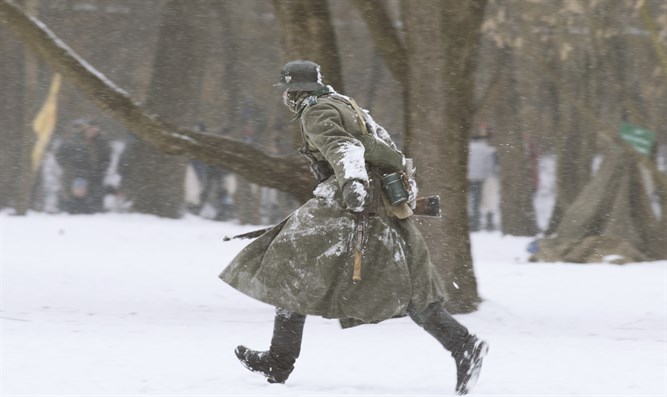When Nazi Germany finally lay in ruins at the end of World War II in 1945, most of the regime’s leaders were either captured or killed. Many of them committed suicide.
But not all. Some managed to flee the wrath of the Allies. Rather than risk a life in hiding in Europe, many of those went to South America – specifically, Argentina.
Adolf Eichmann is but one example. He was finally caught by Israeli operatives in the early 1960s, sent to Israel for trial, and hanged for his part in the horrors of the concentration camps.
Eichmann was the primary architect of the “final solution,” the extermination of Europe’s Jewish population.
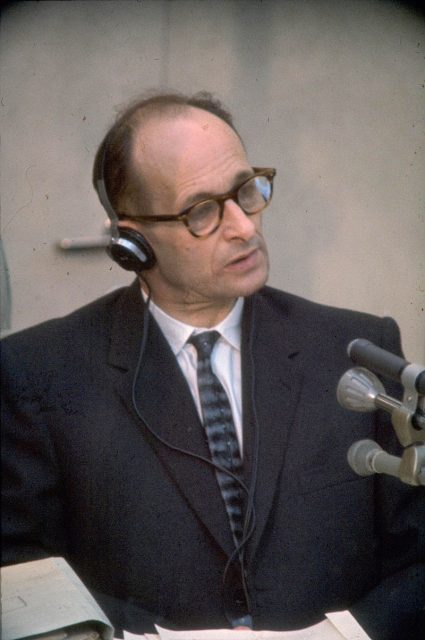
If Argentina didn’t exactly roll out the red carpet for these criminals, its government didn’t always pursue them vigorously, either.
Recently, the Delegation of Argentine Jewish Associations (DAIA) publicized its short documentary that reveals just how complicit Argentina was with Nazi leaders.
It’s called El rol de la Argentina en la Segunda Guerra Mundial (“The Argentinian Role During World War II”) and it examines the part the country played in providing safe haven to men like Eichmann and Josef Mengele.
The latter was known as the “Angel of Death” because of the dreadful medical experiments he carried out at Auschwitz. He drowned off Brazil’s coast in 1979.
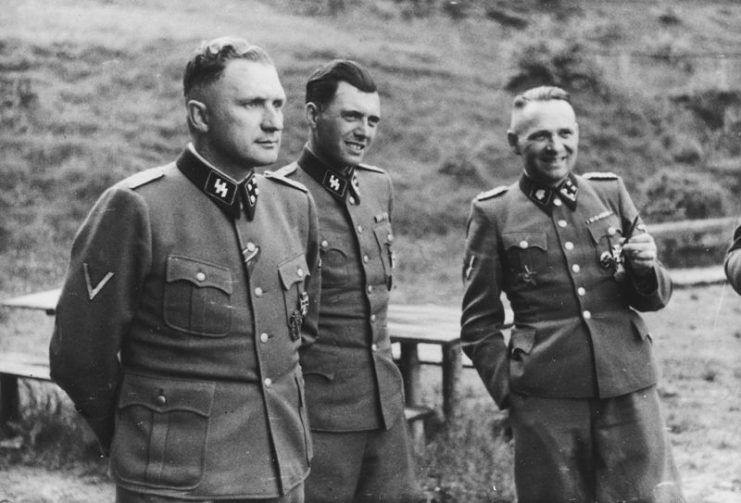
The documentary lays waste to the idea that this South American country took a hard line with the Nazis, before and after the war.
Its opening scene shows a huge crowd gathered in a sports arena, where about 15,000 people attended a pro-Hitler political rally in Buenos Aires in April 1938.
Marisa Braylan, director of the DAIA’s Center for Social Justice, told the Jewish Telegraph Agency (JTA) recently that this was “the most important demonstration in favor of Hitler outside of Germany.”
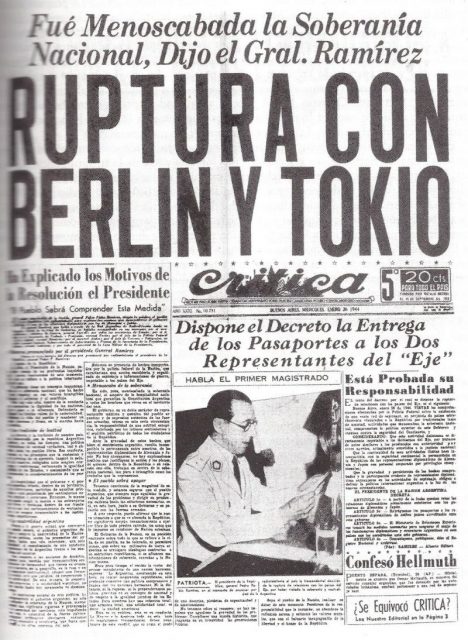
In the documentary, members of the DAIA are shown unearthing almost 140,000 records from the years before, during and after the war.
There are newspaper articles, reports, letters and more, all exposing the truth about Argentina’s role. “The investigation will take some myths about the Nazis in Argentina and replace those myths with facts and truths,” Braylan explained to the JTA.
Just as important, perhaps, is that the documentary reveals just how much aid Argentina gave German war criminals when they reached its shores.
It wasn’t the only country to give them a safe haven – even the U.S. unintentionally let some in – but it was certainly the best known.
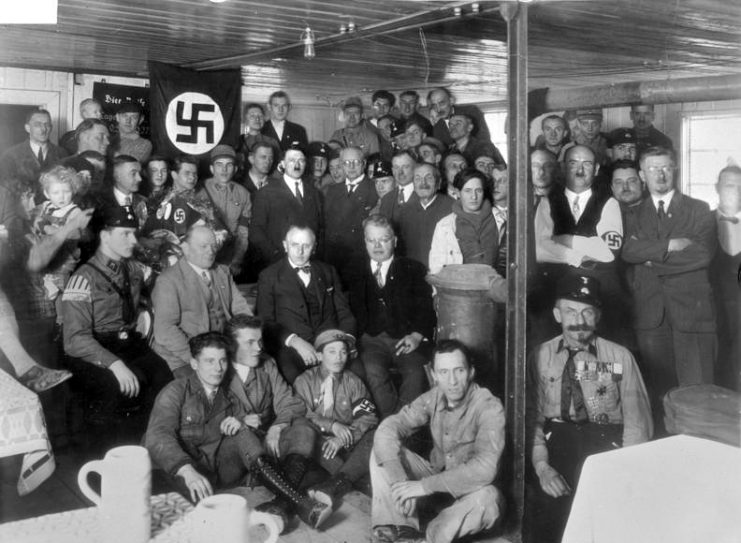
In June 2017 the Argentine authorities revealed that they had unearthed a trove of Nazi memorabilia: documents, relics, statues, and more.
Apparently, it is the single largest collection ever found in Argentina – 75 artifacts secreted away in a collector’s house. Police said the items belonged to some of the top officials in the Nazi party.
One item found was a bust of Adolf Hitler himself. Another was a piece of medical equipment used to measure skulls.
It was in keeping with the Nazi obsession with genetics – they believed they could tell if an individual was Jewish simply by head size and other characteristics.
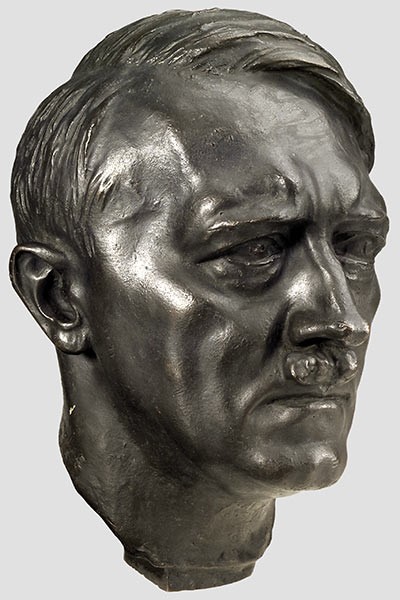
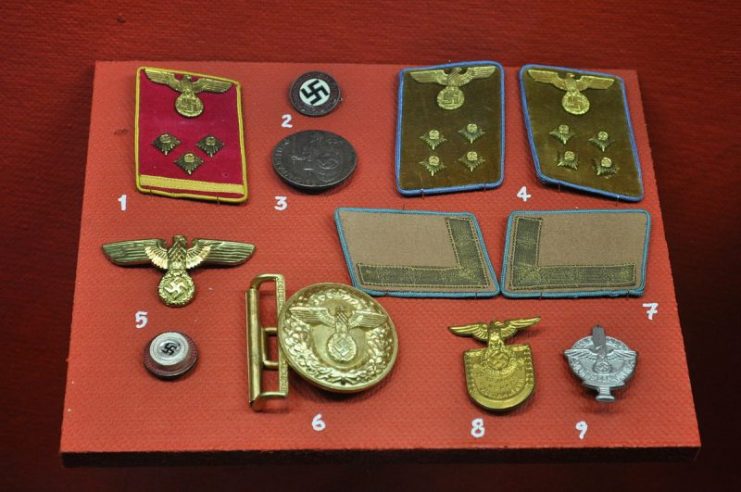
The communications found reveal correspondence between countries involved in the war and Argentina’s embassy in Germany.
Furthermore, it elucidates how Jews were persecuted and blacklisted, and that even so, Argentina did not wish to take Jewish refugees in. One report lists them as “undesirable immigrants.”
Argentina was not alone in its anti-semitism. A boat with more than 900 German Jews was prevented from docking in Halifax, Nova Scotia, in 1939. They were returned to Europe, and faced almost certain death.
In November 2018 Canada’s Prime Minister, Justin Trudeau, apologized to the nation’s Jewish community on behalf of the Canadian government.
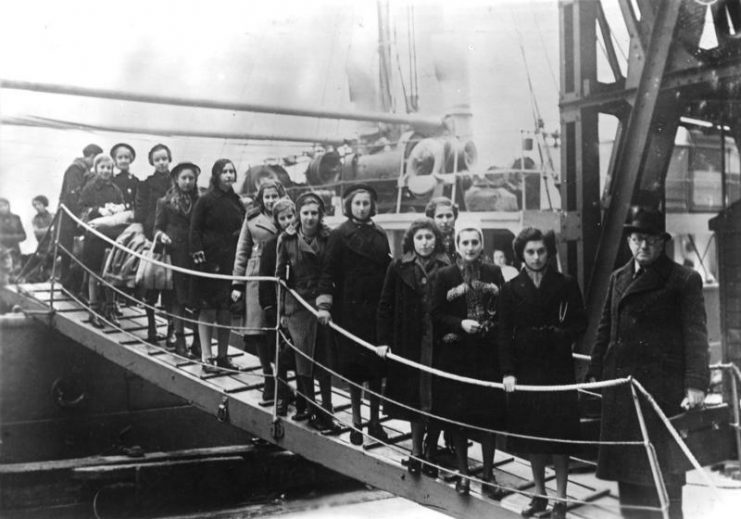
These thousands of records are only one step in an ongoing uncovering of the truth, Braylan said. “We will deliver reports about the main findings of the current work with the historical archives,” she told the JTA.
Read another story from us: Nazi Myths: What Some Still Believe About Hitler & the Third Reich
No doubt more finds will lead to the true extent of Argentina’s cooperation with the Nazis, if only because it did virtually nothing to prevent them from infiltrating its shores. It gave evil men a place to hide and elude their responsibilities for the atrocities they committed.
